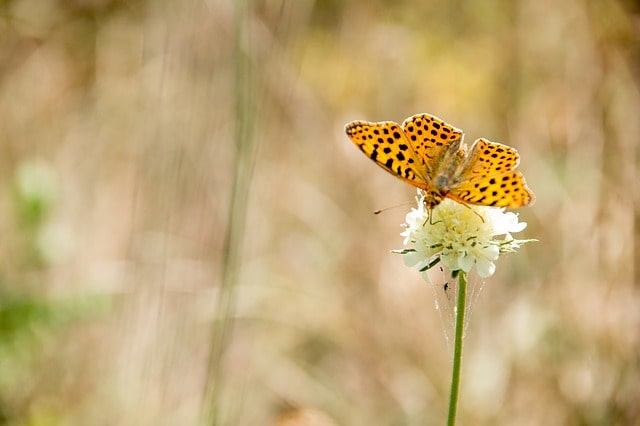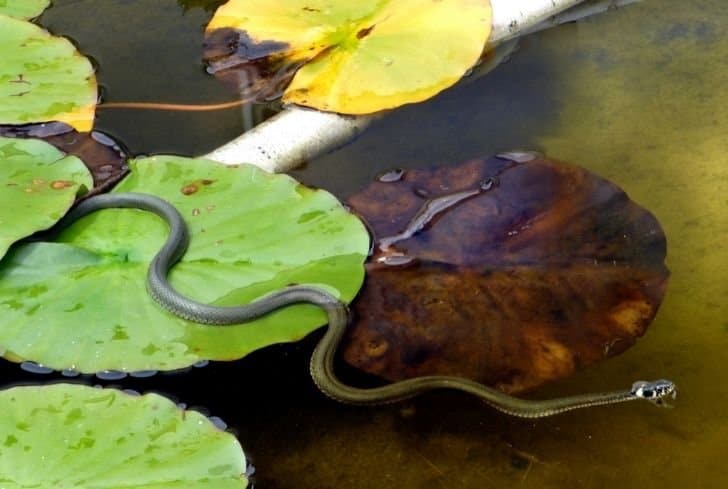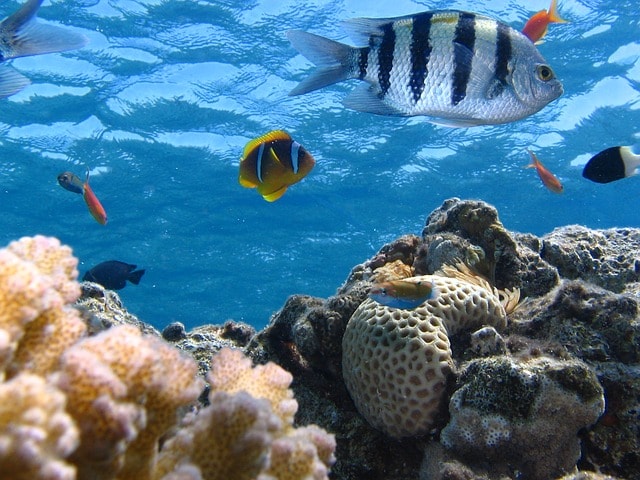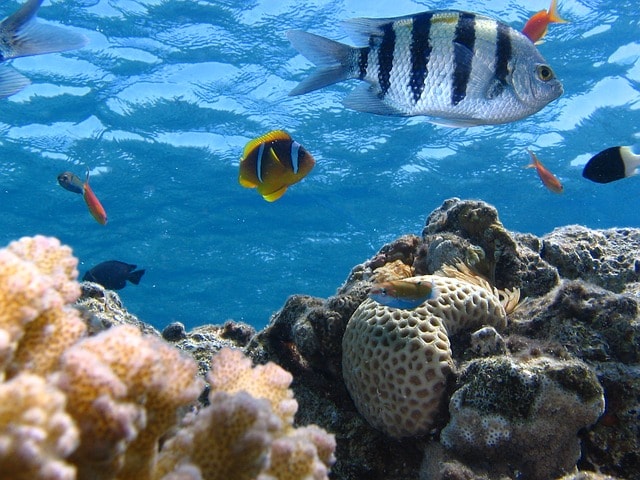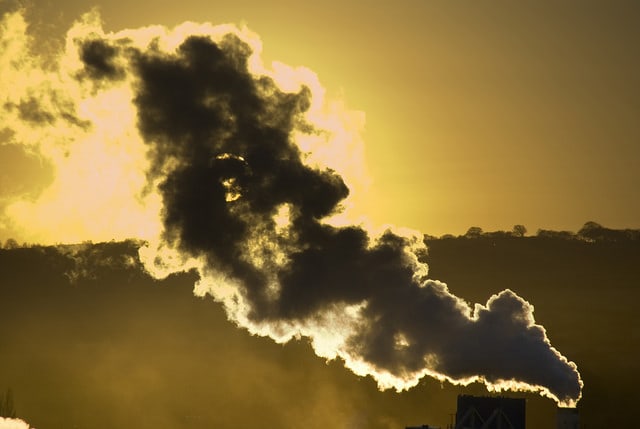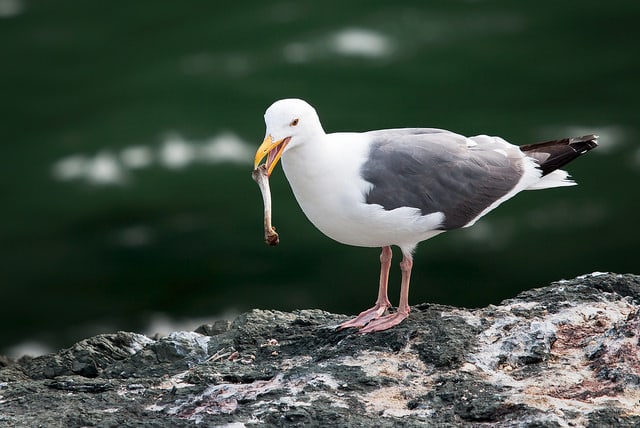How Does Flooding Affect Animals?
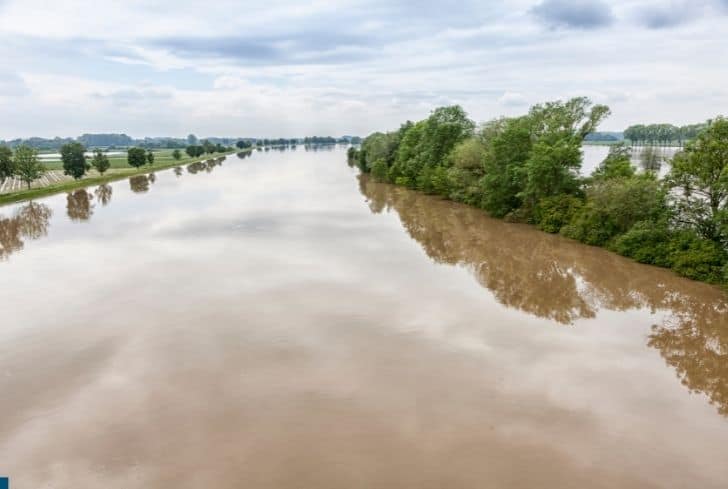
Water is necessary for our lives, but it can be a catastrophe too. Floods are the most common form of natural disaster. Sometimes, they happen on a regular basis with increased damage intensity. We have always read about the effect of floods on human beings.
How their homes are destroyed, how they are killed because of it, how it harms their businesses, how it washes away all their production, and so on. Yet it somehow has a good effect on the land.
All of us are dependent on the rivers for food, freshwater, and fertile land for growing crops. The lands and crops require the water of the floods for their fertility but have you ever thought about how floods affect the animals?
Animals are not capable of helping and saving themselves from a big natural calamity like floods. It is always a sudden thing, and that is why even the people nearby cannot make any effort to save them. It has an impact on cattle, wildlife, land animals, and wildlife sea animals as well.
Even after the flood has dried down, which takes a lot of time, animals have to make their way into the wetlands. However, these floods are still important to keep the ecological processes going on throughout the ecosystem.
How Do Floods Affect Animals?
Floods affect the land animals as well as the sea animals. They affect the wild animals as well the domestic animals used as cattle. These are a natural phenomenon and can not be controlled by anyone. The volume and intensity at which the water runs through the land and animals wash many of them away.
That leads to the death of many animals. Floods even have the power to affect big animals like Rhinoceros so the intensity at which small animals are affected is beyond thought.
Flooding can cause the animals to drown many times, contributing to the rapid increase of diseases, resulting in habitat destruction. The effects of floods can also affect aquatic animals such as fish. The fishes get displaced from their own nets and have nowhere to go with no food to eat.
The floods also wash away a lot of the sediments, which in turn leads to a decrease in the Oxygen level. This is unsuitable for fishes and other aquatic animals. It affects the mammals that stay in the wetlands because they are also a victim of displacement.
What Animals Are Most Affected By Floods?
The number of wildlife casualties by floods has been observed to be a lot in number. Just like every other natural calamity, there are some animals that are more vulnerable to floods. The effect it has on wildlife will, in turn, affect the entire ecosystem.
Animals that are small in size are more vulnerable to floods. This may include Squirrels, Seals and Hedgedogs. You may also find Mice and Voles to be part of this. This is because they will drown and die in the floods and mudslides. Animals that live in a burrow may be safe for a small period of time.
However, if the intensity and volume of the water are too fast and high, the entrance of their burrows will be blocked. After that, they will have nowhere to go. The entrances can also be blocked by trees and plants that fall on them after the flood. The debris and leaves will also harm the aquatic animals by reducing the Oxygen levels in the water.
How Do Animals Survive Floods?
In reality, many animals are not able to survive floods. Floods turn land bodies into water bodies within seconds. This also leads to the flowing of aquatic animals in places where they are not supposed to be. For example, a Crocodile can be found in your backyard or farm.
Apart from aquatic animals, the land animals also do not endure floods very well. The flood comes as such a surprise that most of the animals do not understand how to deal with it at that time. There have been many instances when trees or houses have fallen on the animals, and they died immediately. It also becomes very difficult for human beings to protect their own pets.
Some animals can find high ground and try to keep their neck above water, which will save them from drowning. However, most animals are not able to do that. The magnitude of the effects on animals differs. It depends on the animal’s ability to sense if something bad is coming up and its ability to take quick actions.
Most animals are born with the ability to swim, but that still does not suffice completely. Swimming in water that comes at such a high speed can not be an easy task. The animals that can stay in the air can fly and escape. In case the rainfall is too heavy, the birds will not be able to escape.
How Does Flooding Affect The Ecosystem?
Floods have a major impact on the entire ecosystem. Let us look closely and analyze the effects:
- Floods cause soil erosion and sedimentation. The erosion causes the riverbanks to collapse. Flood water carries the eroded riverbank water that suspends sediments into the water. This brings down the quality of water and leads to the growth of Algae in it. Sedimentation can destroy habitats and aquatic animals by decreasing the level of Oxygen available.
- Flood water will carry the contaminated water, which will contain pesticides and insecticides. It will also include sewage. This will have a major effect on ocean water. It will lead to quality depletion, which will affect the animals and plants inside the ocean.
- Floods contribute majorly to the increase in weather-related diseases. They spread the chance of diseases that are waterborne such as Cholera.
- Floods carry nutrients. They transport important nutrients such as Nitrogen, Phosphorus, and other organic nutrients to the land. The water leaves make the soil fertile and rich for agriculture.
- The flood water is absorbed by the soil and then percolates through rocks and soils, which reaches the underwater aquifer. Our ecosystem is heavily reliant on floods for fresh groundwater.
- Small floods that are seasonal have proven to be useful in boosting the fish stocks. The sediments on the riverbed serve as a nursery for the new fishes.
Can Floods Cause Landslides?
Floods over slopes in the form of return flow, overland flow, sheet flow, and groundwater ridging are often related to landslides. The floodwater can be a major trigger for landslides and mudslides. The main reason why landslides occur is a major gravitational activity on the ground that leads the materials and rocks to get weaker than before.
Even heavy rainfall has the power to cause a landslide. Water causes landslides by altering the pressure within the slope. The materials of the heavy water flow will lead to gravitational activity causing a landslide. Some landslides happen really quickly, while some of them take time.
However, floodwater is not the only thing that causes landslides or mudslides. Weak slope materials contribute to their occurrence. The other factors include weathering, soil erosion, deforestation, and so on. Landslides are divided into parts by the type of material and how they fall.
One of the most destructive landslide types is Lahar. It is caused due to volcanic eruptions. However, the main reason behind us seeing landslides is that the movements cause them because of the force of gravity. Water through floods or heavy rainfall is the most common trigger it has.
Does Flood Move Down Rivers?
We witness a river flood when the water overflows from the river bank. The floodwater does not move down rivers. It keeps it intact because the floodwater is actually the extra water that the river has. However, when a river flows on a regular basis, the overbank deposits might build up a layer on the flood plain.
These layers can build up to be meters thick. When humans try to play with river parts of the ecosystem, the sedimentation process can be interrupted. The activities can also lead to erosion of the flood plain, which increases the amount of sedimentation in the river. This will lead to destruction.
It is said that the waters have recently been contaminated. It consists of toxic substances such as insecticides, pesticides, and other toxins. This is unfortunate because our planet depends heavily on the rivers for several reasons. However, the overbank deposits provide great fertile land for agricultural production. Floods also affect the ecosystem by killing the animals and destroying many human lives with their speed.
That is why we must focus on looking out for most of these animals if possible. Try to extend your helping hand by calling for animal rescuers and donating food whenever possible for these animals.

